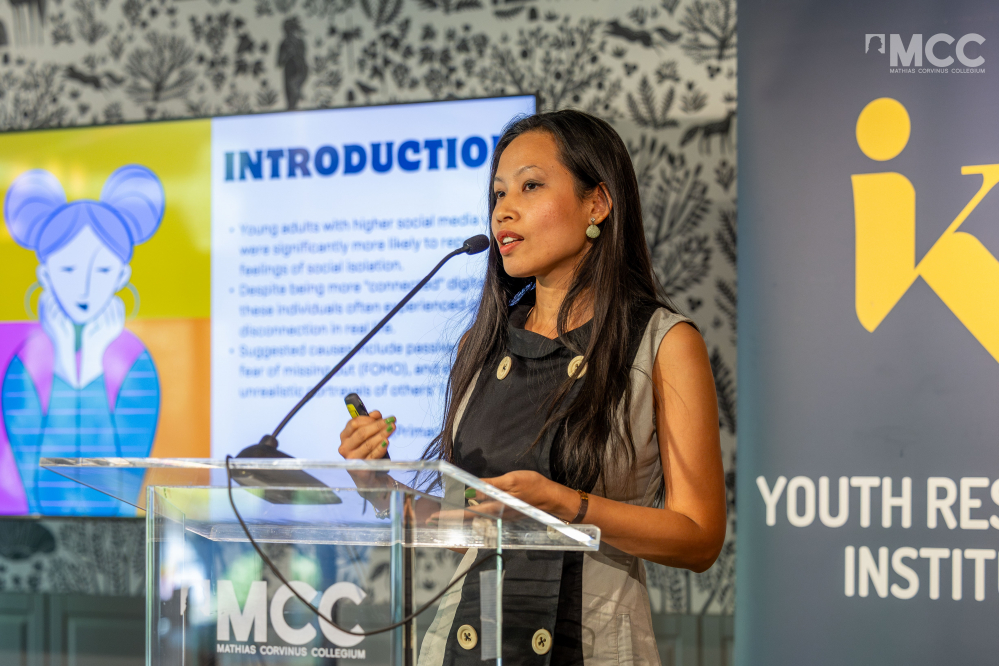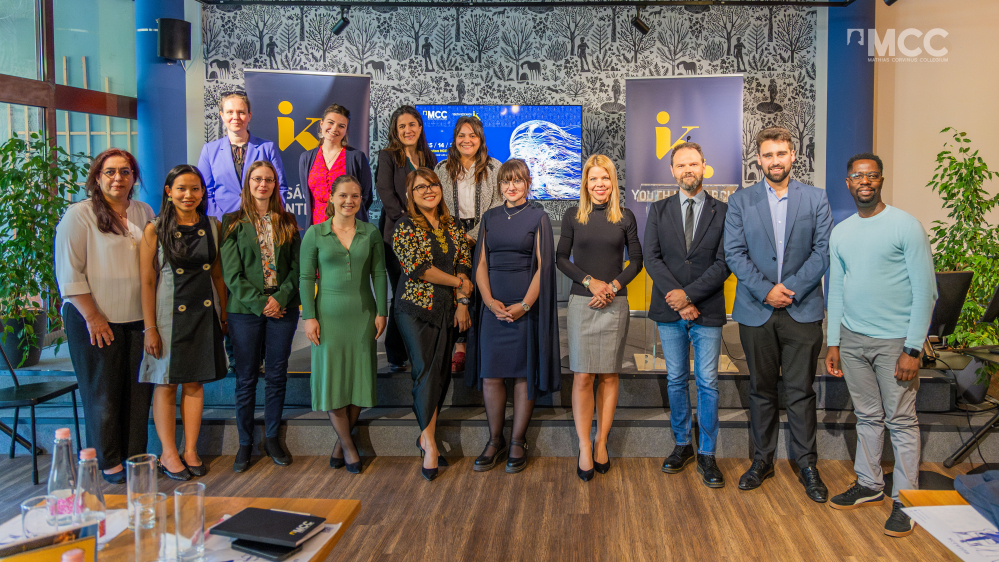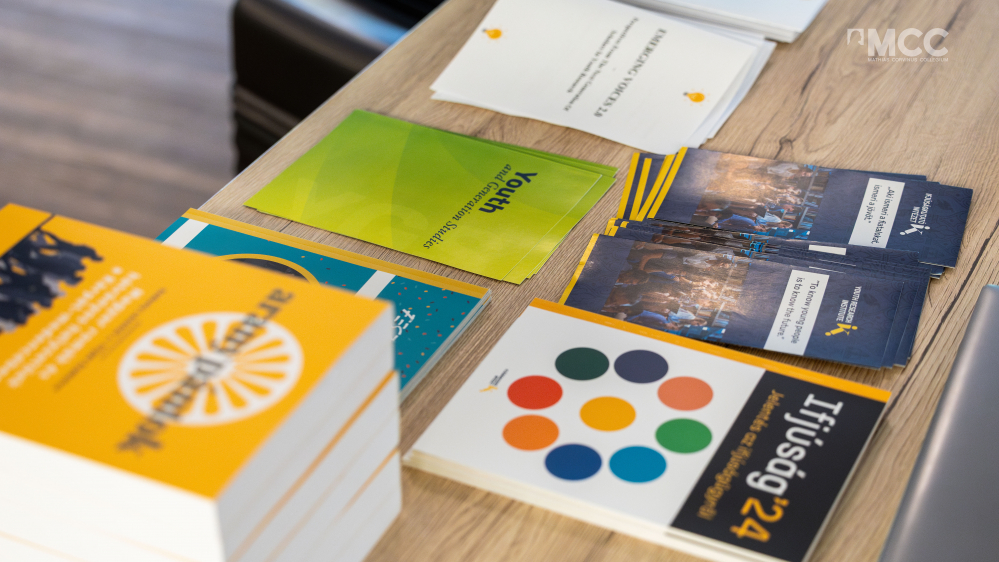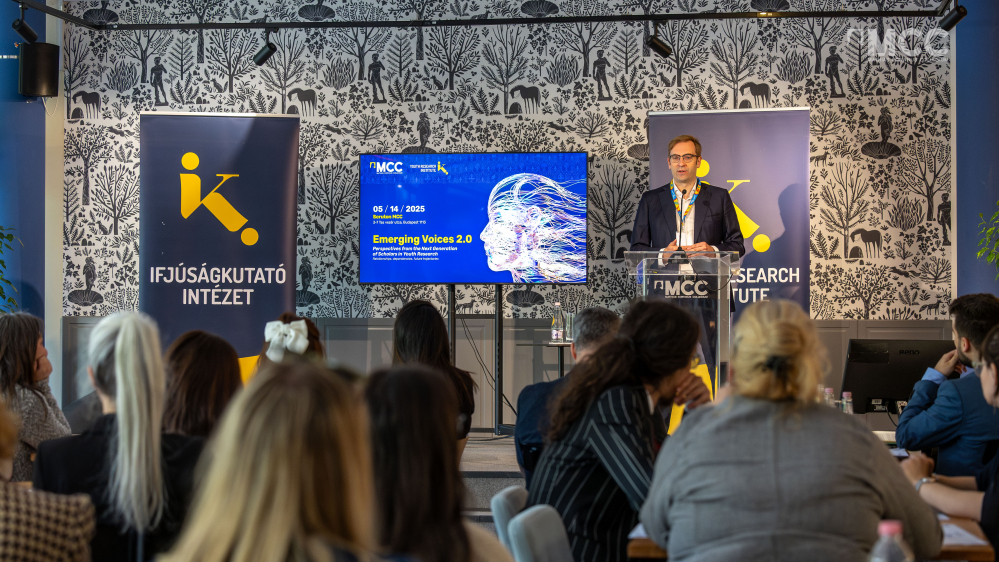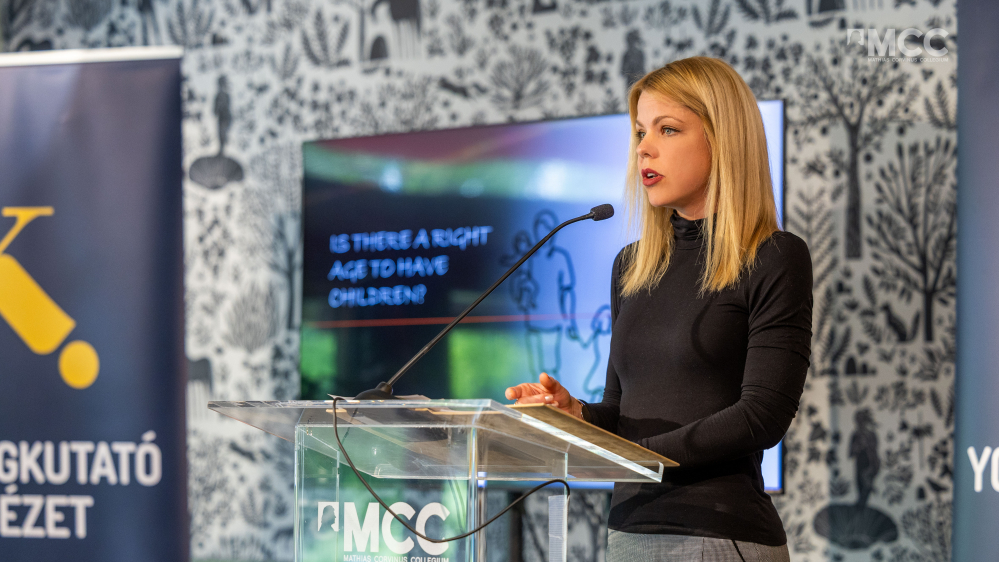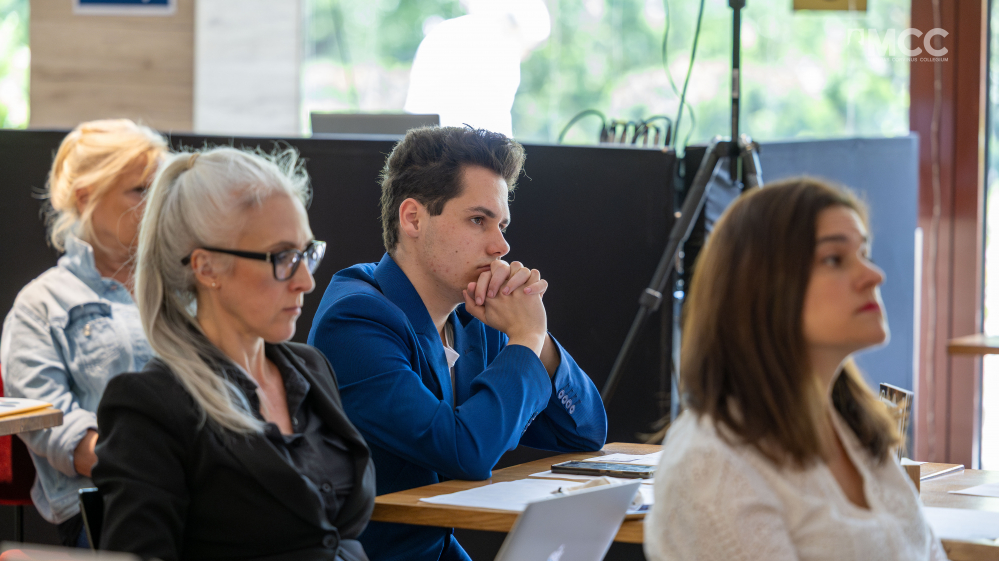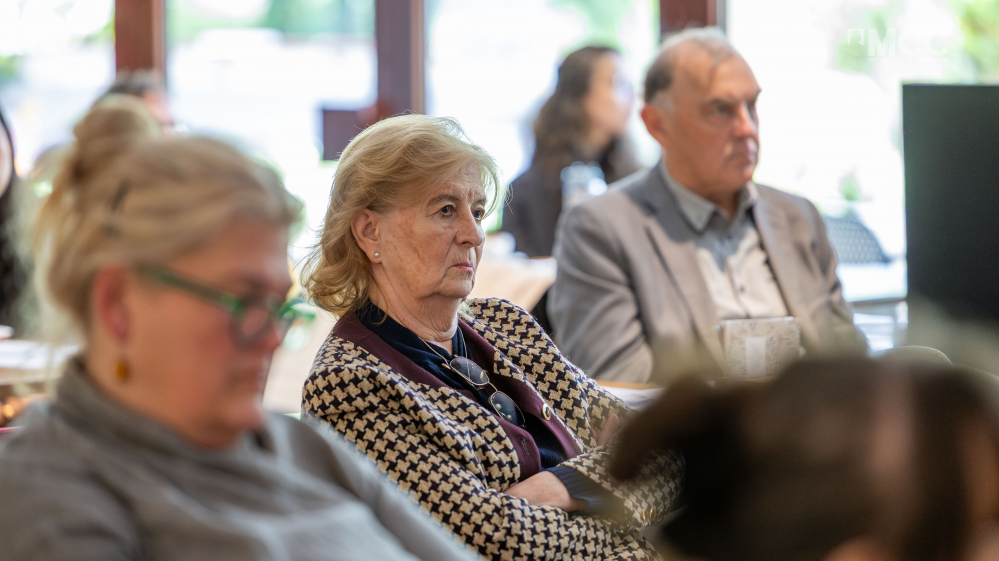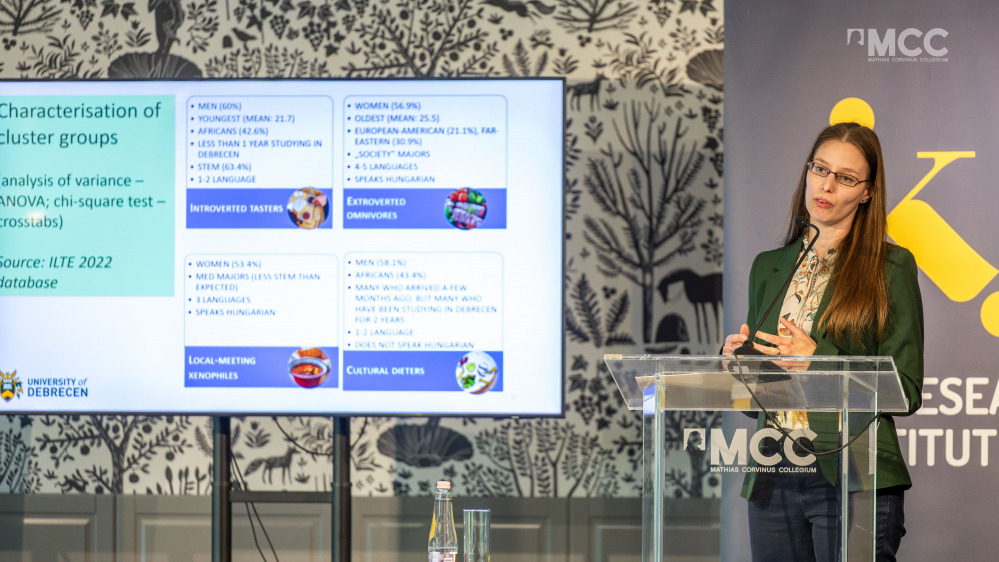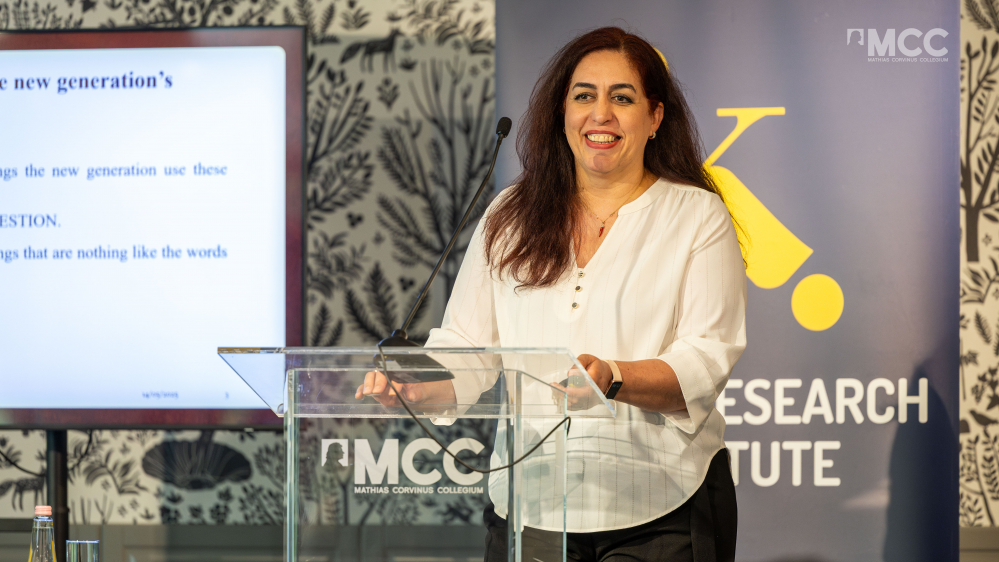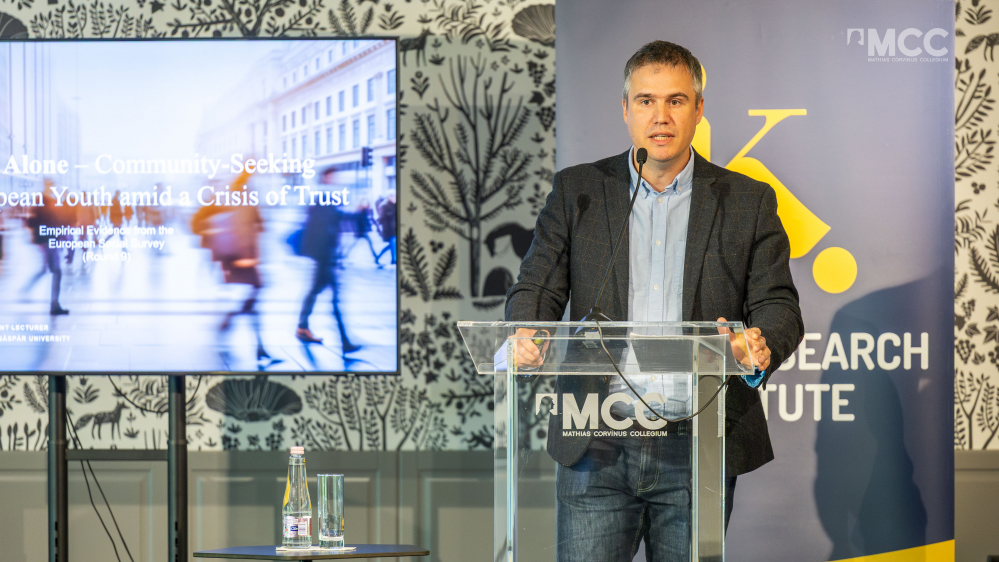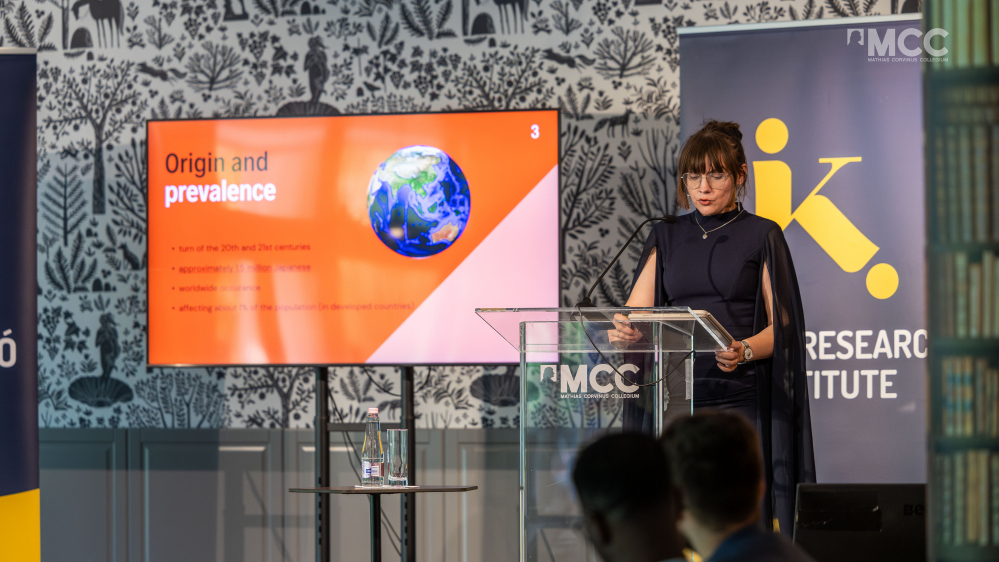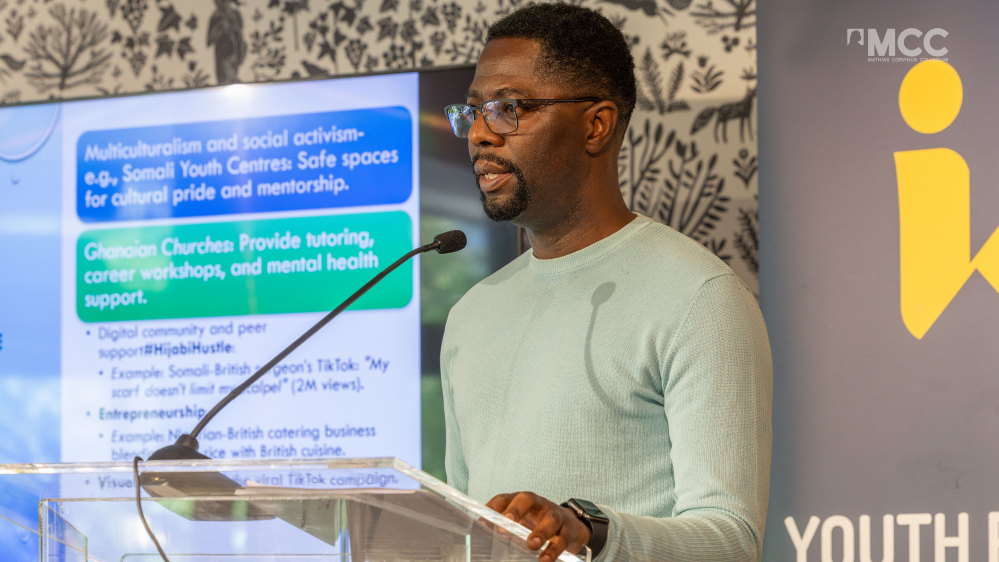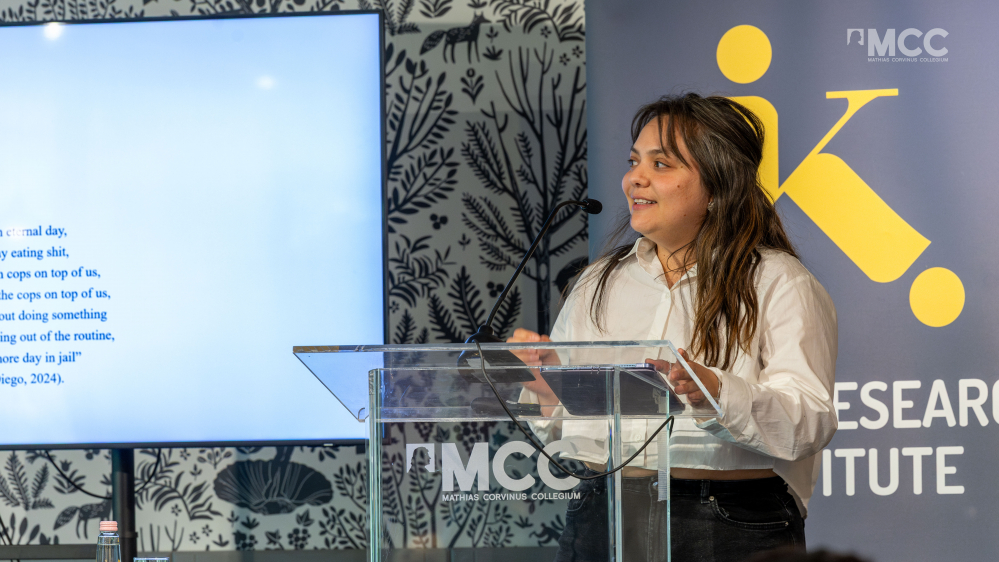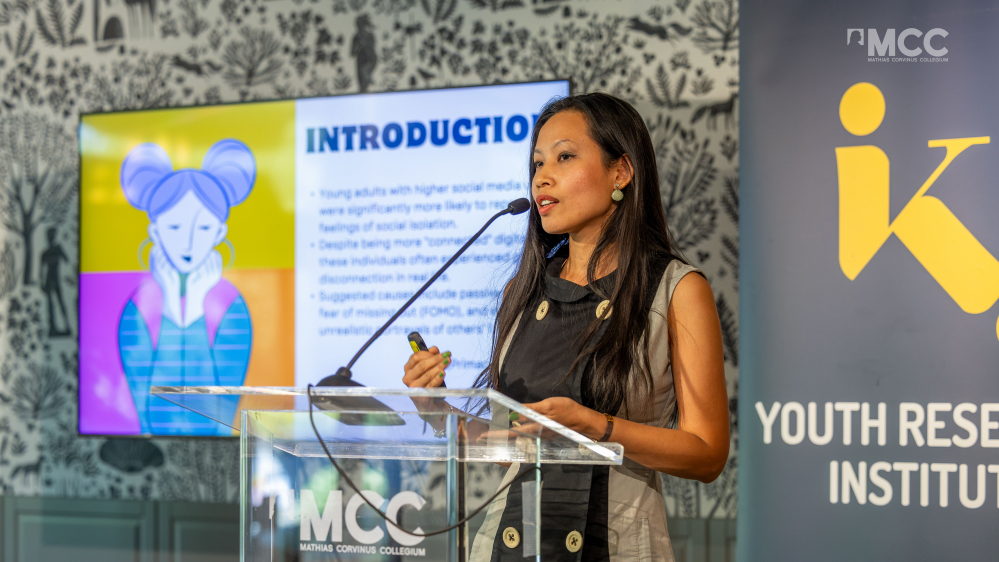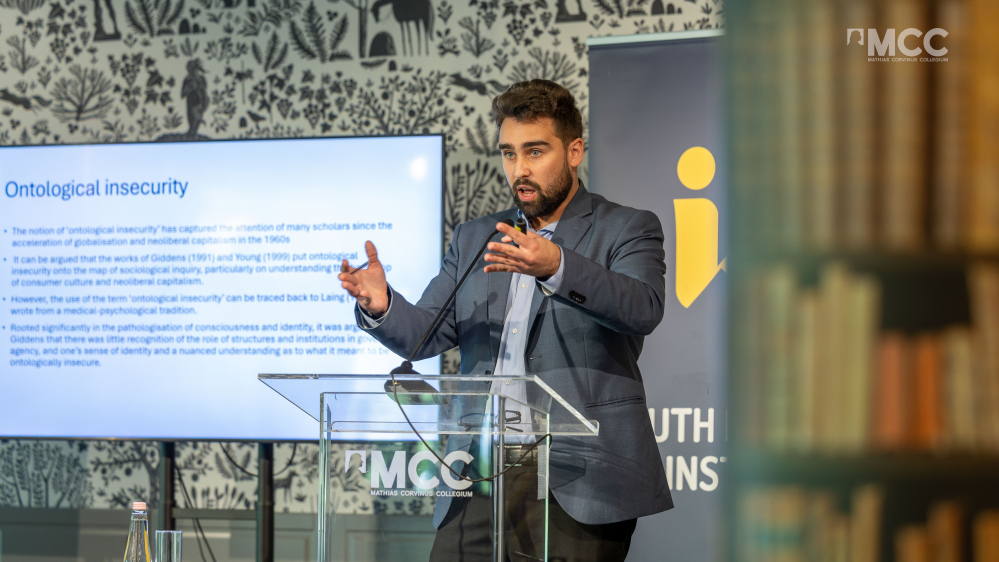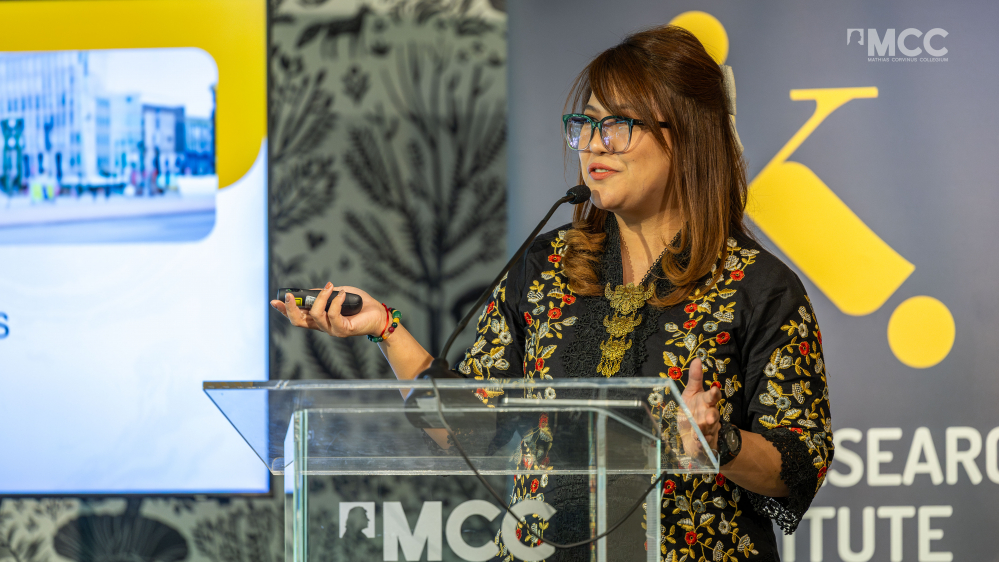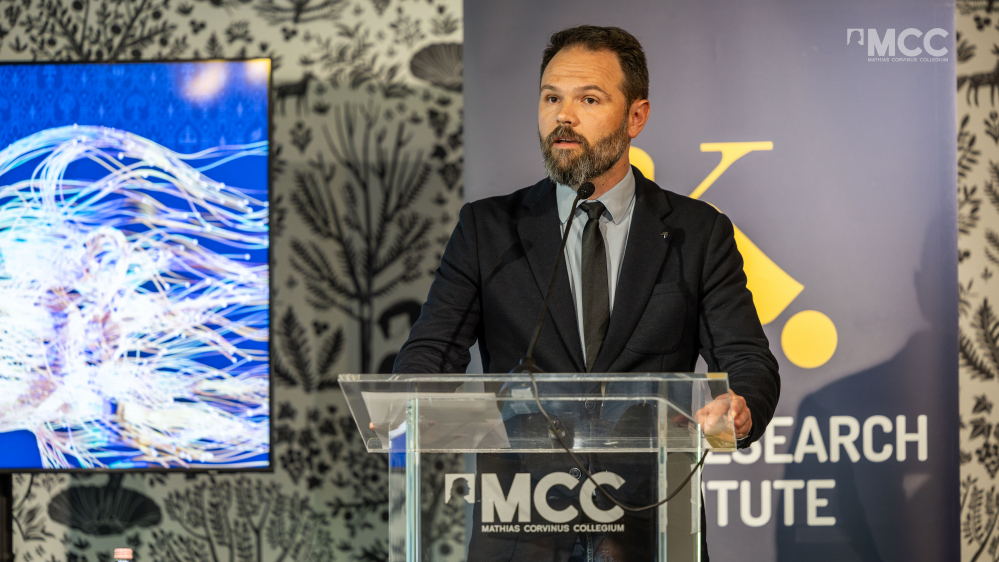In the fourth section of the “Emerging Voices 2.0” conference recently organized by the Institute for Youth Research, the focus was on the plans and visions of young people, with particular attention to the uncertainties defined by global challenges. The section aimed to explore how young people shape their aspirations and future careers in a constantly changing economic, social, and technological environment. The panel speakers included Meyly Kheng (University of Debrecen), Liam Miles (University of Northampton), and Epsilandri Septyarini (Sarjanawiyata Tamansiswa University), who presented the situations, opportunities, and challenges faced by young people in the 21st century from diverse geographical and cultural contexts.
In her presentation, Epsilandri Septyarini examined the impact of flexible, project-based work on young people in Southeast Asia, particularly in Indonesia, the Philippines, Thailand, and Vietnam. She highlighted that while these work opportunities offer apparent freedom and flexibility, they also come with numerous uncertainties and challenges that significantly affect the lives of young workers. Septyarini’s research was based on a quantitative survey of 400 participants, supplemented by 40 in-depth interviews, aiming to connect statistical data with the personal experiences of young people. The presentation revealed that young people often choose these opportunities for the freedom, quick income, and skills development they provide. However, this freedom often comes at the cost of economic insecurity. Platforms like TikTok and Shopee may be attractive to many young people, but they also present serious challenges due to the continuous work demands and performance pressure, often leading to long-term stress and burnout.
Septyarini also emphasized that the spread of digital work formats requires new types of regulations and protections. She stressed the importance of strengthening social safety nets, providing employee benefits (such as health insurance and pensions), and developing digital skills as crucial steps towards securing the economic stability of young workers. She argued that transparency in platform operations and the representation of worker interests are essential to ensure that flexible work opportunities do not become tools for exploiting young people.
Meyly Kheng’s presentation focused on the paradoxes of digital connections and their impact on young people. She highlighted that while young people have never been more digitally connected – with most using social media and smartphones daily – they are increasingly struggling with loneliness, anxiety, and identity crises. Kheng pointed out that social platforms like TikTok and Instagram offer opportunities for self-expression and identity formation, but they also impose significant psychological burdens. Her research specifically focused on the phenomenon of 'doomscrolling,' where young people often immerse themselves in an endless scroll of negative news, amplifying anxiety and feelings of helplessness. Kheng emphasized that algorithm-driven content consumption often reinforces extreme views, distorts perceptions of reality, and promotes unattainable ideals, deepening self-esteem issues. She argued that continuous online presence – the primary space for connection and self-expression for many young people – can paradoxically be isolating, as users often measure their worth based on the number of 'likes' and shares they receive.
At the end of her presentation, Kheng also highlighted the long-term impact of digital tools on the depth and authenticity of young people’s relationships. She argued that young people increasingly prefer controlled, 'edited' communication, which, while providing a sense of security, reduces the potential for genuine connections. Additionally, she warned about the dangers of digital addiction and 'performance fetishism,' which not only harm mental health but also degrade the quality of offline human relationships.
In his presentation, Liam Miles explored the experiences of young people in Birmingham (UK) during the cost-of-living crisis. His research focused on the concept of ontological insecurity, as formulated by Anthony Giddens to describe the existential uncertainty faced by individuals in modern societies. Miles explained that ontological insecurity is not merely an individual anxiety but a condition exacerbated by the ongoing social and economic uncertainties caused by modern capitalism and globalization.
Miles presented the methodology of his research, which included 24 semi-structured interviews and six months of participant observation at two youth centers in Birmingham. Based on the everyday experiences of young people, Miles concluded that the cost-of-living crisis raises not only economic problems but also deeper social and identity-related issues. He noted that young people often face housing and food insecurity, mental health challenges, and political alienation. During his observations, Miles found that many young people, out of shame or social pressure, refuse to accept the food offered at the centers, even if they genuinely need it. Some tend to respond collectively, meaning if one member of a group refuses the assistance, others follow, highlighting the importance of community dynamics.
Miles also addressed the connection between youth insecurity and a perceived lack of future prospects. Many young people feel that the current economic and social system fails to offer them stability or long-term opportunities, which further amplifies their insecurity. This phenomenon is particularly concerning during a cost-of-living crisis when the challenges of daily survival become even more pressing. Finally, Miles emphasized that the role of local communities and authorities is crucial in addressing these issues, but current measures – such as food banks, 'warm hubs,' and various forms of support – are not always sufficient to meet the complex needs of young people.

